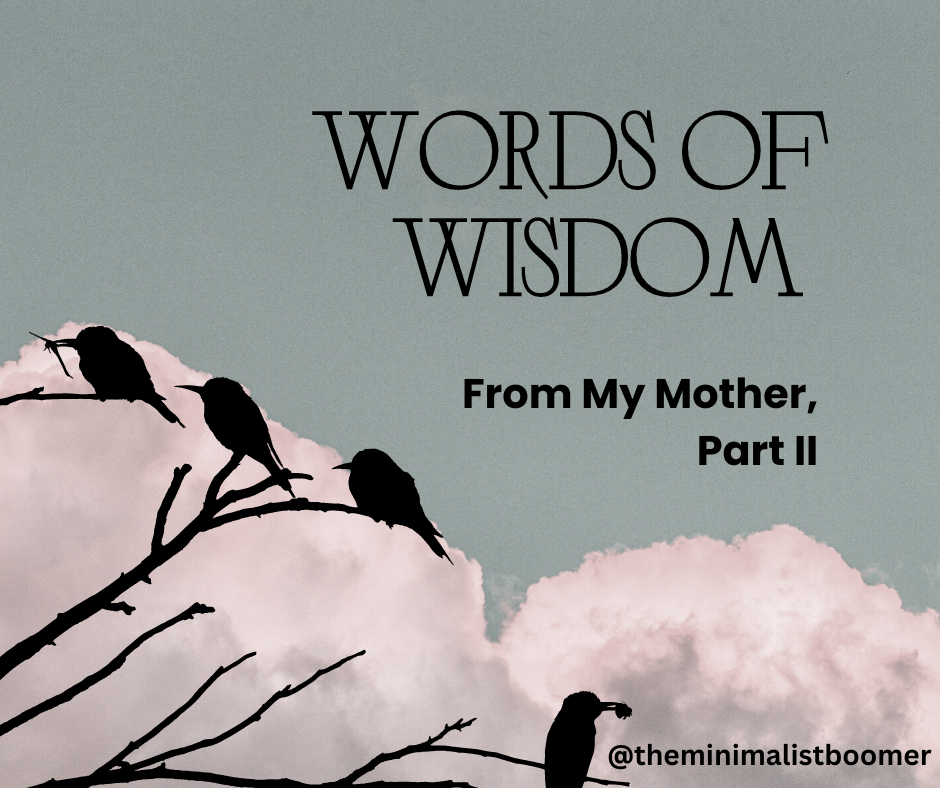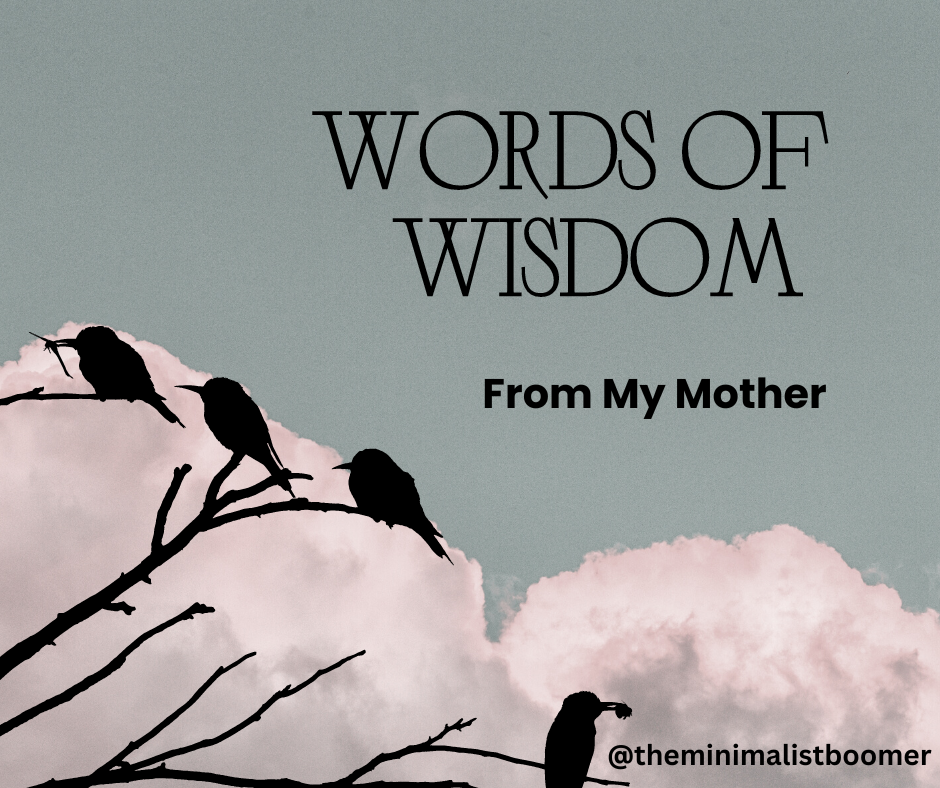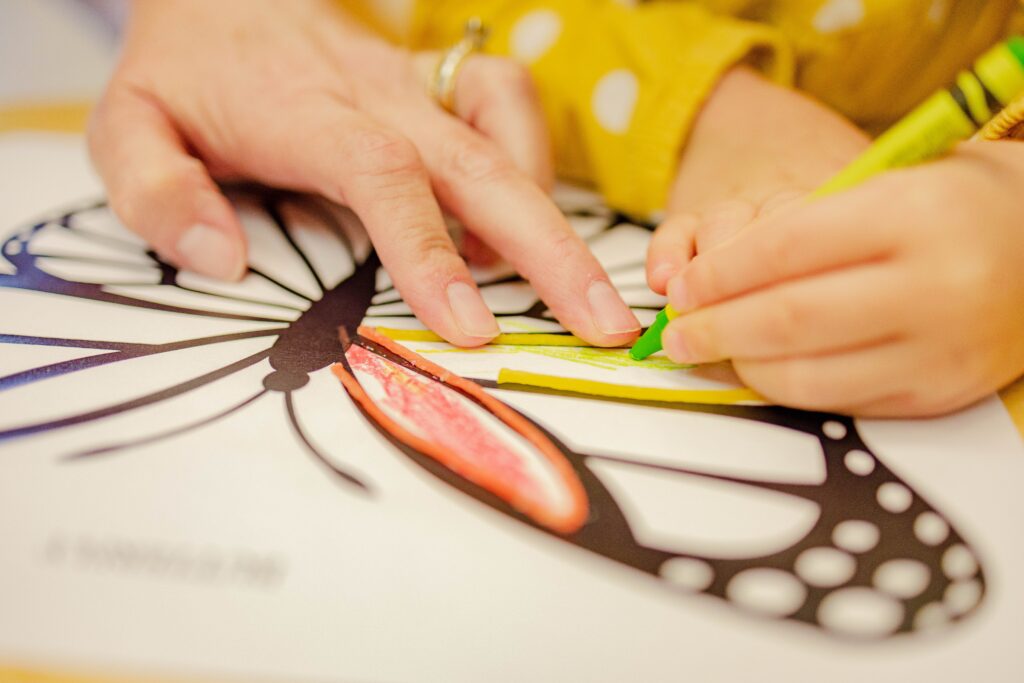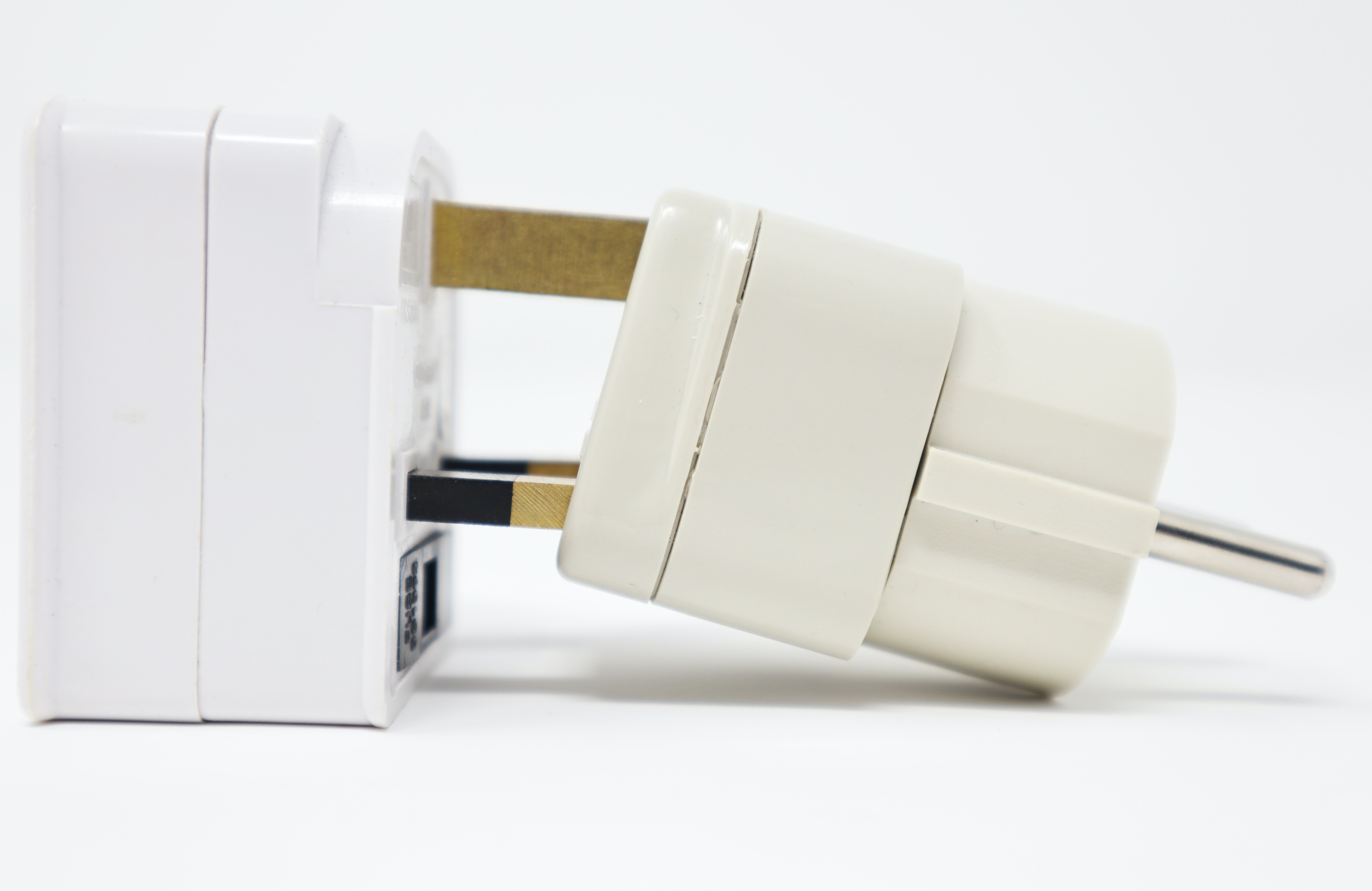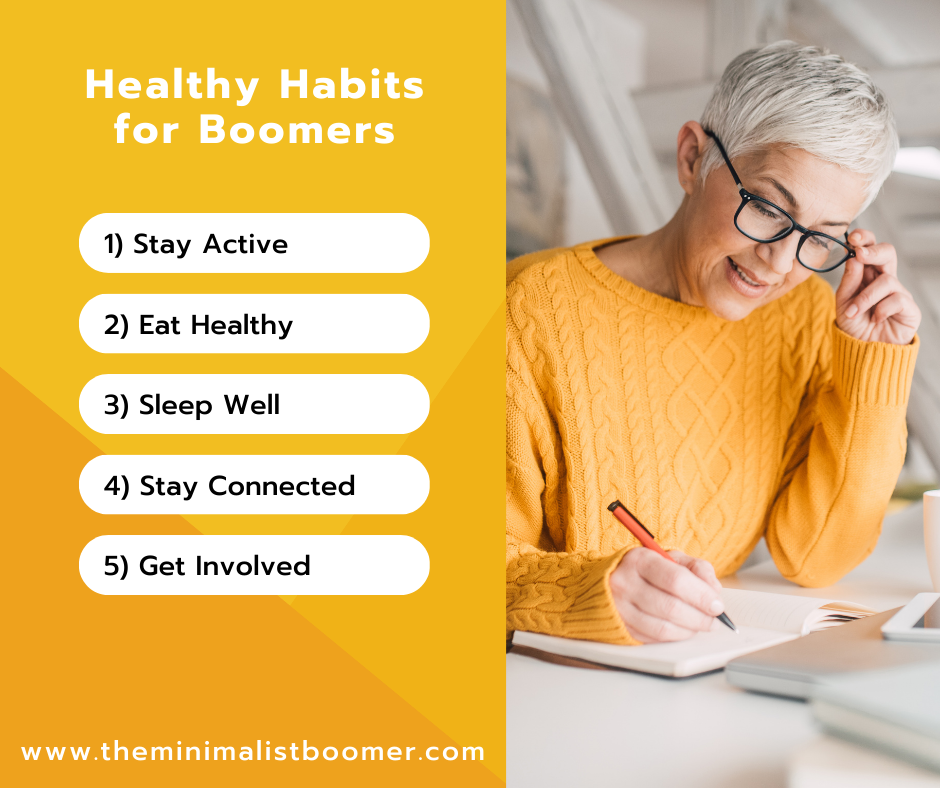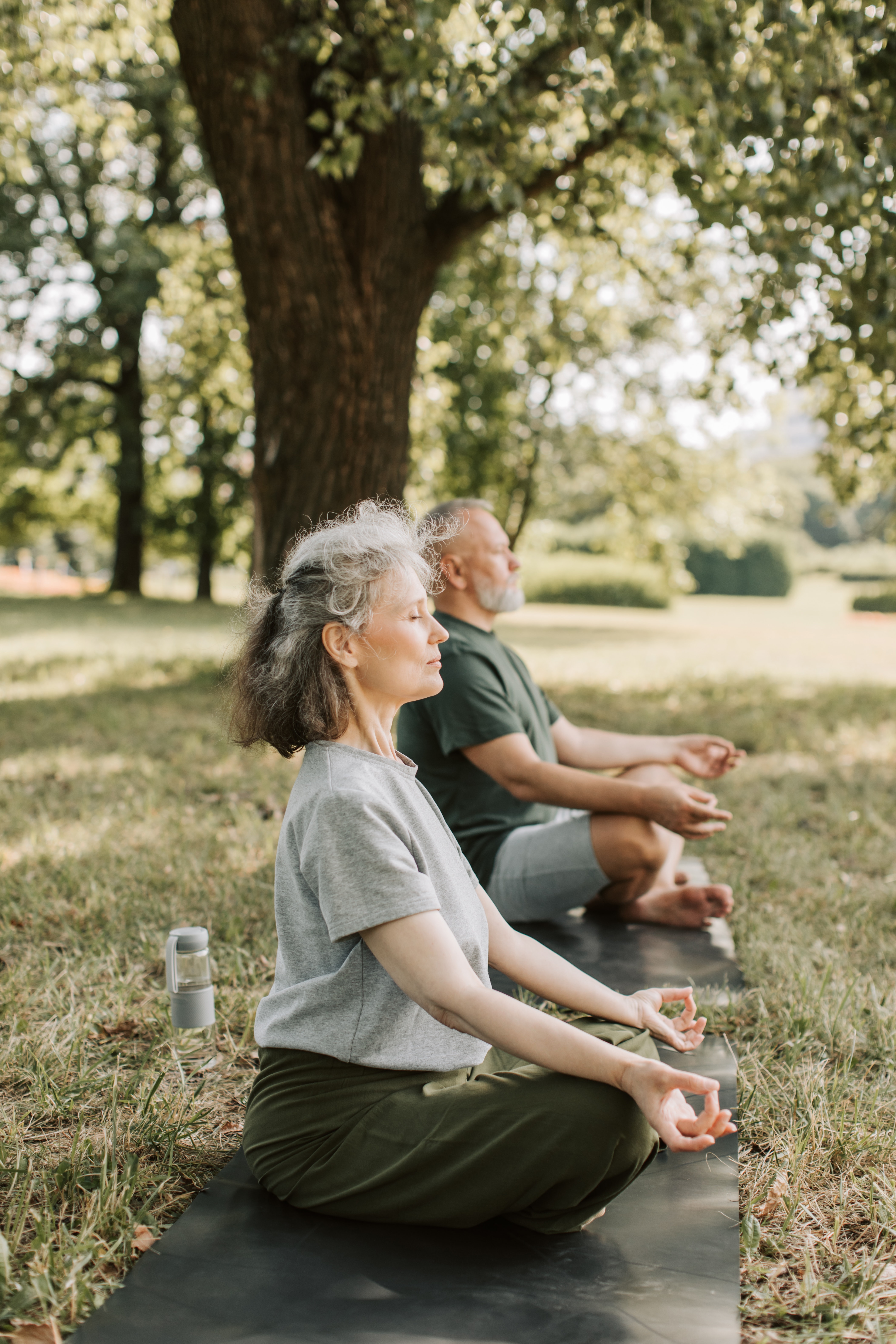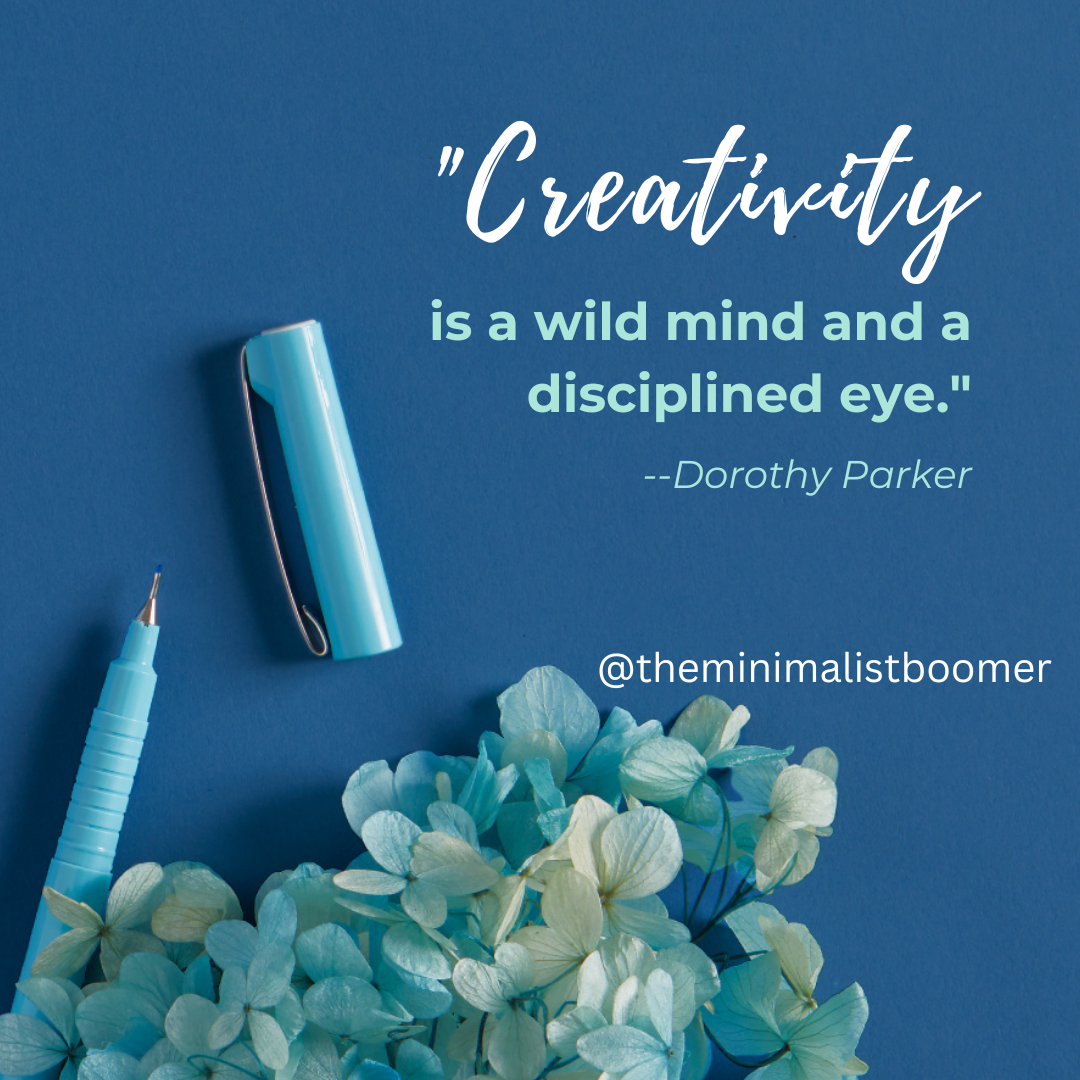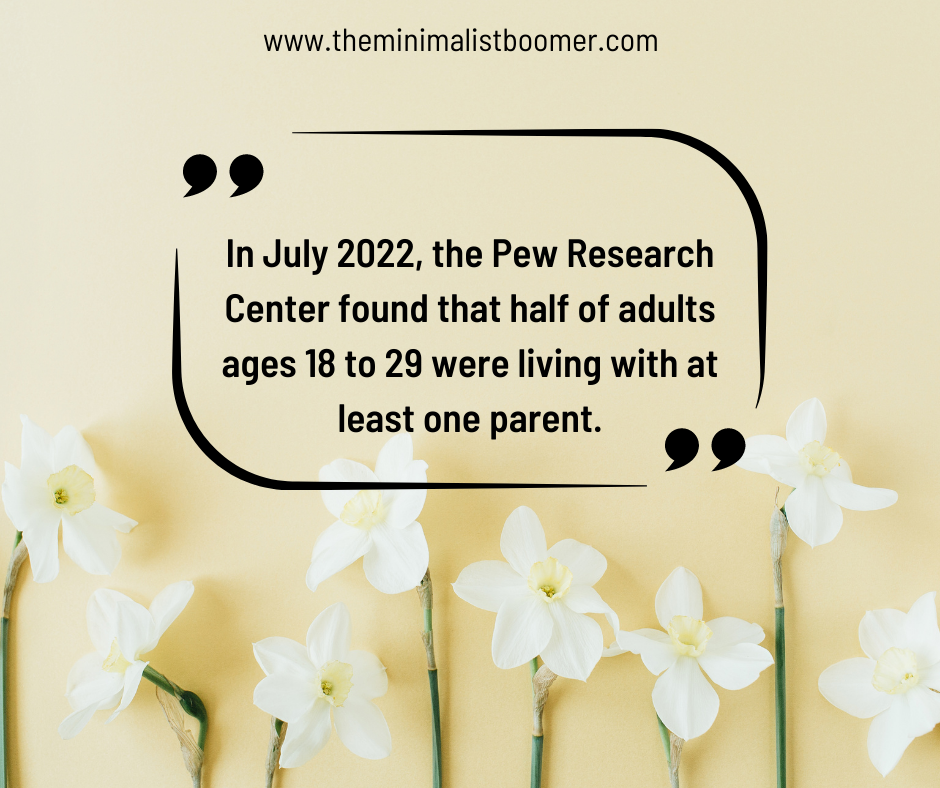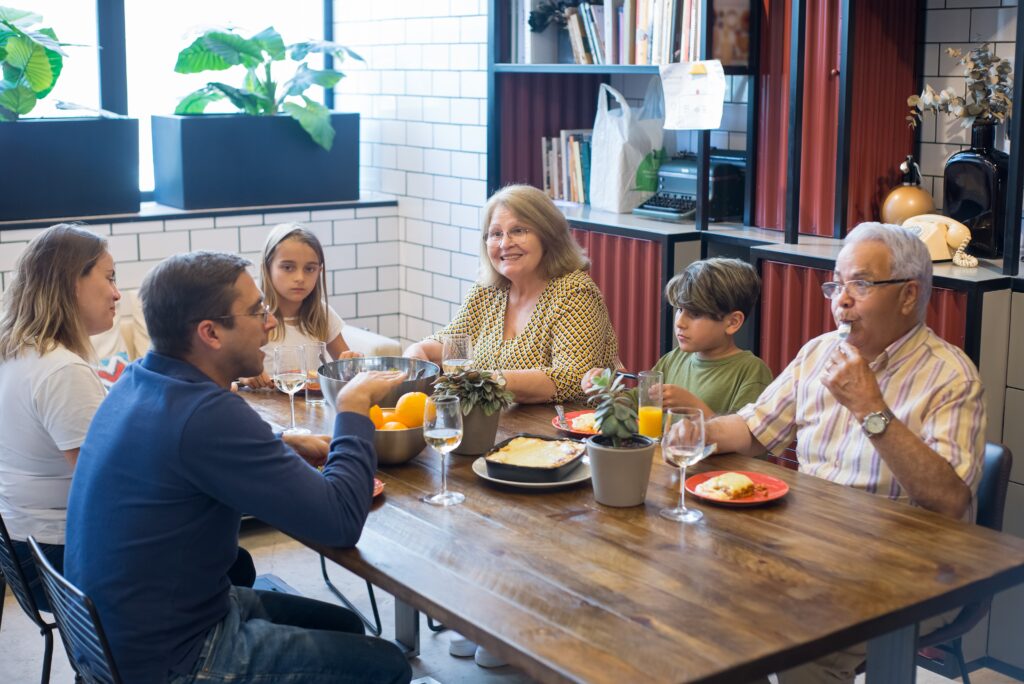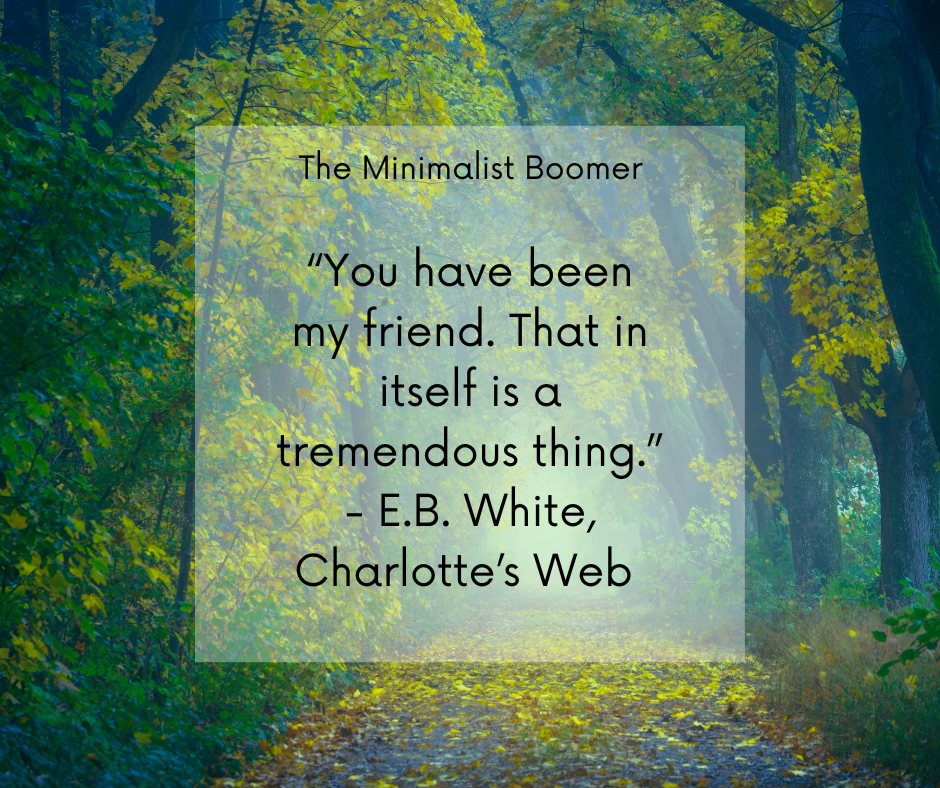Remember: a small act of kindness can brighten someone’s day, hard work is the key to unlocking your potential, and change is an opportunity for growth.
Words of Wisdom from My Mother: Lessons on Relationships
“Trust is the highest form of human bond. It creates a foundation for love, respect and genuine connections.” – Jeremiah Say
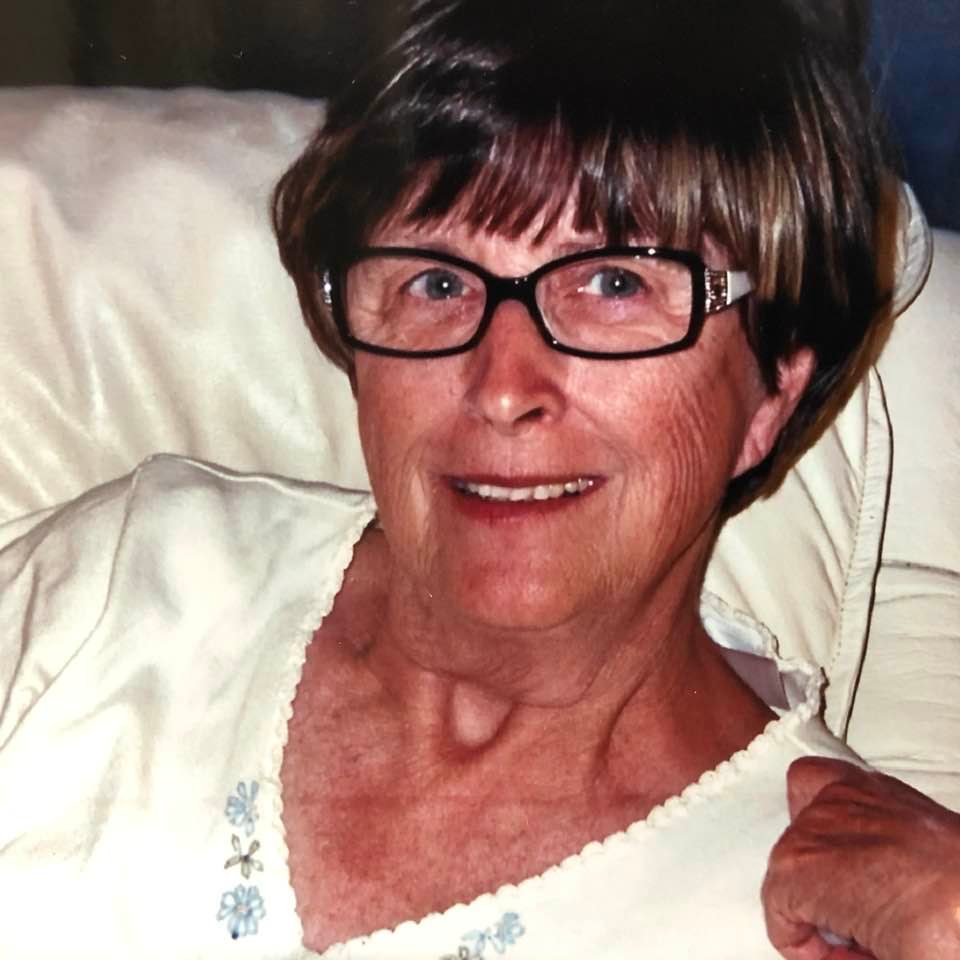
Relationships are an essential part of our lives, shaping our experiences and influencing our happiness. Throughout my journey, my mother has imparted invaluable wisdom on navigating relationships with grace and understanding. Today we will explore three key lessons she taught me about relationships: the value of communication, building trust and forgiveness, and the power of love and empathy.
The Value of Communication
“I like to listen. I have learned a great deal from listening carefully. Most people never listen.”
― Ernest Hemingway
Open and effective communication serves as the foundation for healthy relationships. My mother always emphasized the importance of expressing oneself honestly and listening with empathy. By actively communicating our thoughts, feelings, and needs, we create a deeper connection with our loved ones.
When we communicate openly, we create an environment of trust and understanding. It allows us to address conflicts, resolve misunderstandings, and strengthen our bonds. By encouraging open dialogue, my mother taught me that communication is not only about speaking but also about actively listening to others’ perspectives. She would say, “Always keep an open mind…you never know what exciting things may stumble in!”
Building Trust and Forgiveness

Trust is the cornerstone of any successful relationship. My mother taught me that trust is earned through consistency, honesty, and reliability. It requires us to be true to our word and to follow through on our commitments. Trust takes time to build but can be shattered in an instant.
On the other hand, she also stressed the importance of forgiveness in maintaining healthy relationships. She believed that holding onto grudges or past mistakes hinders personal growth and damages relationships. Forgiveness allows us to let go of resentment and move forward. It does not mean forgetting or condoning the actions but rather finding peace within ourselves.
Love and Empathy

Love and empathy are powerful forces that can transform relationships. If a mother’s love is pure…a grandmother’s love is truly the purist of loves. My mother taught me that love is not just a feeling but an action. It requires effort, time, understanding, and sacrifice. Love is expressed through acts of kindness, support, and respect.
Empathy is the ability to understand and share the feelings of others. It allows us to see beyond our own perspectives and truly connect with those around us. My mother taught me that empathy is the key to fostering compassion and creating meaningful connections with others.
By embracing love and empathy, we can cultivate relationships that are nurturing, fulfilling, and resilient. These qualities enable us to weather the storms of life together and celebrate the joys along the way.
My mother’s wisdom has taught me invaluable lessons about relationships. Through effective communication, building trust and forgiveness, and embracing love and empathy, we can create and sustain fulfilling connections with the people who matter most. Let us cherish these teachings and apply them in our own lives, ensuring that our relationships flourish and bring us joy.

Stay tuned for Part III where we explore lessons on personal growth and the importance taking good care of yourself.
If you missed yesterday’s original post, click here https://minimalistboomer.com/words-of-wisdom-from-my-motheri-still-hear-them/

